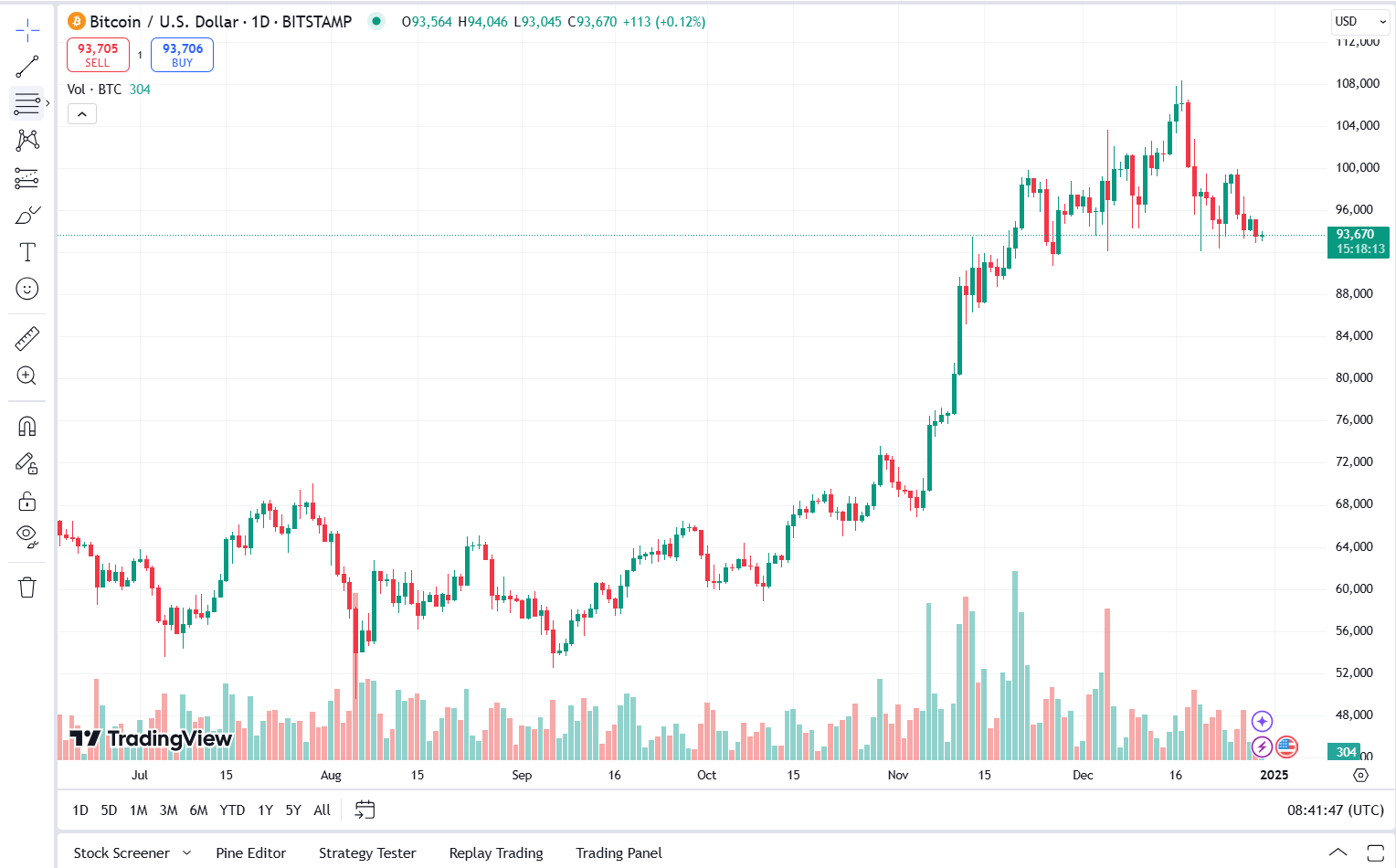On December 29, 2024, China’s People’s Bank of China (PBOC) released its annual financial stability report, drawing significant attention to the ongoing evolution of cryptocurrency regulations. This comes at a time when Hong Kong, a special administrative region of China, has significantly shifted its stance on crypto, while the mainland remains steadfast in enforcing its ban on cryptocurrency trading. The report highlights the delicate balance between innovation and regulation, underscoring the growing need for global regulatory frameworks as the digital asset ecosystem continues to expand.
China’s Regulatory Landscape for Cryptocurrency
Since 2021, the Chinese government has remained firm in its stance against cryptocurrencies, issuing a sweeping ban on all crypto trading and mining activities. This bold move was aimed at curbing financial risks associated with digital currencies, as the PBOC and other regulatory bodies identified the potential for cryptocurrency markets to disrupt the country’s financial stability. The ban also came as part of a broader push to combat illicit financial activities and ensure that China’s financial systems remained under strict control.
In its 2024 report, the PBOC reiterated the effectiveness of its policy, pointing out that 51 jurisdictions globally have enacted similar measures, either imposing outright bans or tightening regulations around cryptocurrency assets. This widespread regulatory action, according to the central bank, is a sign of growing international concerns about the unregulated nature of crypto markets and their potential to threaten the stability of the global financial system.
Despite its strict stance on the mainland, the report acknowledges Hong Kong’s more flexible approach toward cryptocurrencies. While the mainland remains resolute in its prohibition of cryptocurrency trading, Hong Kong has taken a different path, actively exploring licensing frameworks to accommodate crypto businesses. The PBOC report specifically highlighted that Hong Kong had launched its crypto licensing regime in June 2023, officially allowing licensed exchanges to offer retail trading services. This move has attracted global crypto firms, as Hong Kong positions itself as a key player in Asia’s digital asset market.
1/10 Everything you need to know about what China’s central bank did in 2024, (and what it plans to do in 2025).
Beijing has signalled it could soon loosen monetary policy to levels last seen just after the Global Financial Crisis.
Here’s an essential rundown of China’s… pic.twitter.com/LQegAP7PoL
— China Banking News (@CBankingEditor) December 30, 2024
The Global Shift Toward Crypto Regulation
In its latest report, the PBOC indicated its ongoing efforts to contribute to the development of a global regulatory framework for crypto assets, in line with recommendations from the Financial Stability Board (FSB). The central bank emphasized that it is working alongside other global regulatory bodies to establish clearer guidelines for digital asset markets, particularly as the use of cryptocurrencies in payments and retail investments increases.
The PBOC’s focus on international cooperation reflects the growing recognition that cryptocurrencies are a global phenomenon that requires cross-border regulatory efforts. The central bank’s report also acknowledged that while cryptocurrencies may not yet pose significant risks to systemically important financial institutions or core financial markets, the situation could change as adoption rates increase. As more economies embrace digital currencies, the potential for cryptocurrencies to disrupt traditional financial systems becomes more apparent. In particular, the growing use of cryptocurrencies in retail investments could amplify risks, as these assets are still highly volatile and speculative.

China’s Digital Currency Ambitions
While China remains opposed to cryptocurrency trading, it is not entirely dismissive of digital currencies. The PBOC has been actively developing its digital currency, the digital yuan (e-CNY), which is seen as a state-controlled alternative to decentralized cryptocurrencies like Bitcoin and Ethereum. The digital yuan is part of China’s broader strategy to modernize its financial system, increase efficiency, and enhance the government’s ability to monitor financial transactions.
The development of the digital yuan also reflects China’s ambition to assert its influence in the global digital currency landscape. As more countries explore the potential of central bank digital currencies (CBDCs), China’s early investment in the e-CNY positions it as a key player in the evolving world of digital money.
Related news: Decentralized MemeCoin: Meme Index ($MEMEX) Secures $410K in ICO








